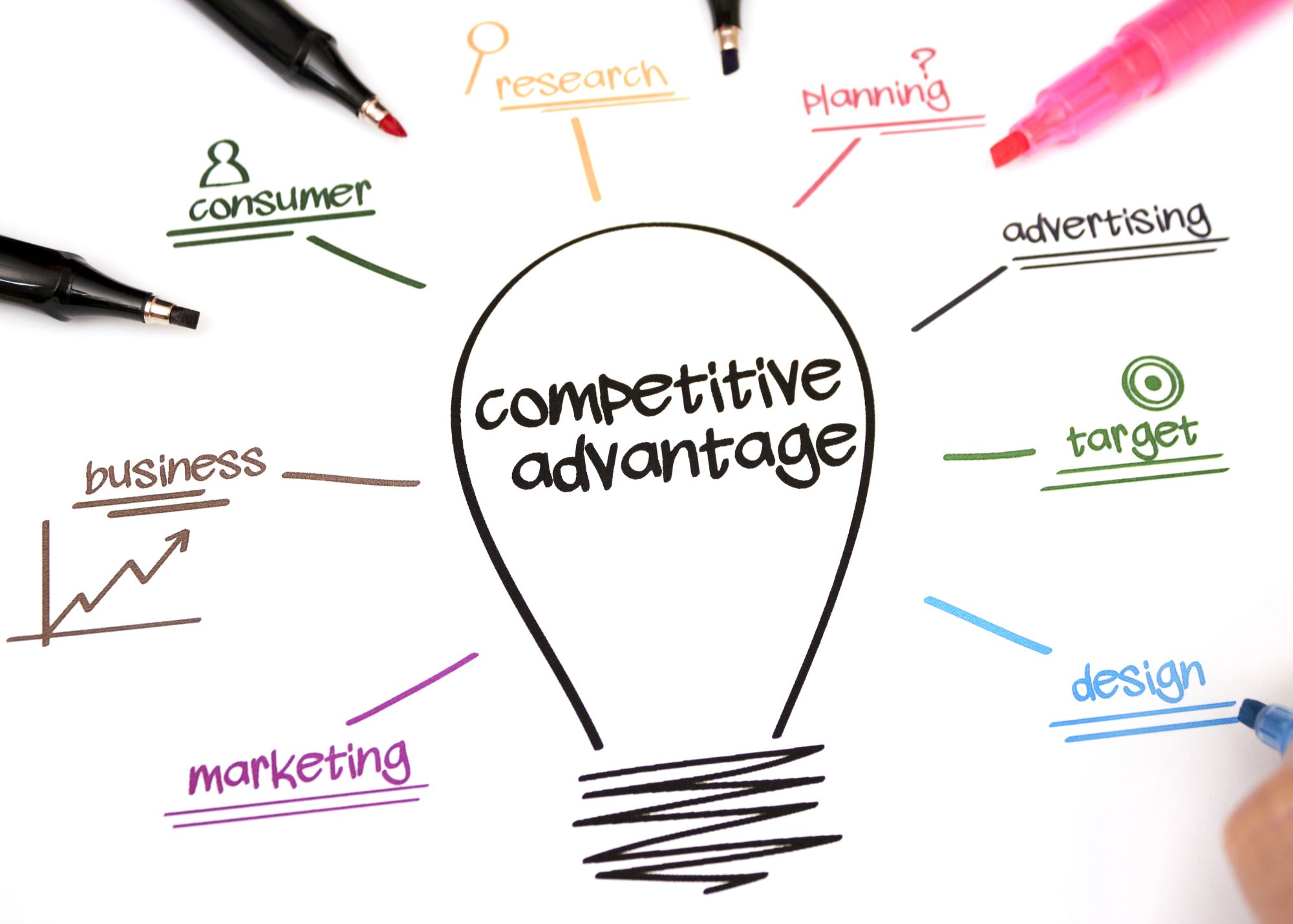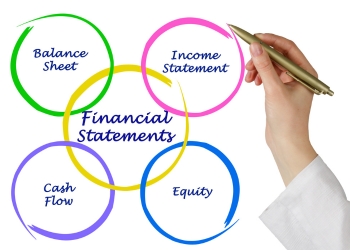
5 Common Cognitive Biases
1. Availability guideline
The availability heuristic is a cognitive shortcut that gauges an event's probability by considering how quickly pertinent examples may be considered. We assume something is more common or likely to happen when it is easily recalled from memory. This bias may cause erroneous decision-making and warped perceptions of probability and risk.
For example, even though the chance of coming into contact with a shark is quite slim, you can develop an excessive dread of swimming in the water if you recently read about a shark attack in the news. Shark attacks become more "available" in your mind due to the news story's vividness, which causes you to overestimate the risk.
Instead of depending just on vivid anecdotes or easily remembered instances, people should base their judgments and decisions on objective statistics and statistical information to lessen the availability heuristic's impact. Making less prejudiced and more logical decisions can be facilitated by being aware of the cognitive processes at work.
2. Bias in Overconfidence
The propensity to overestimate one's skills, expertise, or the precision of one's views and forecasts is known as overconfidence bias. Individuals frequently overestimate their abilities and have an unjustified sense of confidence in their decisions.
Origins: Our need to feel capable and in charge may be the root cause of overconfidence bias. People tend to remember their accomplishments more vividly than their failures. Thus, it can also be influenced by the information we access that validates our opinion of ourselves.
Consequences: Making snap decisions, taking on too much risk, and underestimating difficulties can all result from an overconfidence bias. This bias in business can lead to unwise investment decisions and monetary losses. Due to an unwillingness to accept responsibility, it might cause strained connections in one's personal life.
Mitigation: Exercise self-awareness and humility to lessen the overconfidence bias. When making judgments, get input from others, be receptive to criticism, and weigh various potential outcomes. It's critical to objectively assess your skills and recognize the boundaries of your knowledge.
3. The anchoring impact
The anchoring effect, also known as the "relativity trap" or "focalism," occurs when customers concentrate only on one feature of a good or service, disregarding all other factors. For many people, pricing is the most crucial consideration when selecting.
Those who frequently experience the anchoring effect:
· Disregard a product or service's possible advantages in favor of concentrating just on price
· more thorough comparison shopping than other customers
· proactively look for ways to save money, such as sales, coupons, or other incentives.
· Adapt effectively to changing price structures.
The psychology of anchoring is deliberately exploited by many businesses and restaurants especially. They take advantage of most consumers' inclination to select the mid-priced option by offering various foods at varied costs (some very expensive, some considerably more reasonable). People prefer to focus more on the relative savings or price difference between two solutions than the real prices, which is why they do this.
The anchoring effect is a double-edged sword for marketers looking to overcome cognitive biases with their landing pages; on the one hand, because prospects experiencing it are narrowly focused, their primary objection is easier to address and resolve.
4. The Effect of Misinformation
The propensity for memories to be significantly impacted by events that transpired after the original event is known as the disinformation effect. Witnesses to crimes or vehicle accidents may think they have a clear memory of the incident, but studies have shown that memory is surprisingly vulnerable to even minute effects.
For instance
Studies have indicated that even posing inquiries regarding an incident can modify an individual's recollections. Those who watch television coverage of the event may recall it differently. Your recollection of what happened may change after hearing someone else describe a memory from their point of view.
Traditional memory studies
One of two slightly different questions was posed to participants in a well-known experiment by memory specialist Elizabeth Loftus after they watched a film of an automobile collision: "What was the speed of the cars at the time of the collision?"
Those asked the "smashed into" form of the question were more likely to falsely report that they had observed broken glass when the witnesses were questioned again a week later about whether they had seen any. A few different things could cause this behavior. Older memories may become mixed up with new information in other situations; fresh data might be utilized to bridge "gaps" in memory.
Misinformation can have minor to extremely significant consequences. It could lead to someone wrongly identifying the wrong suspect in a criminal case, or it could make you misremember what you believe happened at work. While many biases might influence your thinking, the cognitive biases listed above are prevalent. These biases affect how we think and, eventually, make decisions.
5. Confirmation bias
The Spades ace. Among the most widely recognized 5 Common Cognitive Biases is confirmation bias. It compels us to look for evidence to support our opinions and assumptions, even when they are incorrect. Underlying your conclusions in user research can be confirmation bias.
A confirmation bias known as the observer expectancy effect is frequently observed in user research. The researcher's manipulation of the goals, inquiries, and hypotheses to sway the findings in favor of their beliefs is the source of the bias. Be cautious because this can even occur subliminally. Examine your beliefs and those of others to be on the lookout for it.
Conclusion
Numerous biases are unavoidable. We need more time to consider every angle before ruling out bias. Knowing these 5 Common Cognitive Biases and how they can influence our decision-making in life is a highly useful skill.
Comments (0)
Categories
Recent posts


How Long Does It Take To Get a Business ...
10 Oct 2023
Why Is School So Boring? Get The Answer ...
10 Oct 2023
Why Is It Crucial to Have a Competitive ...
26 Dec 2023



